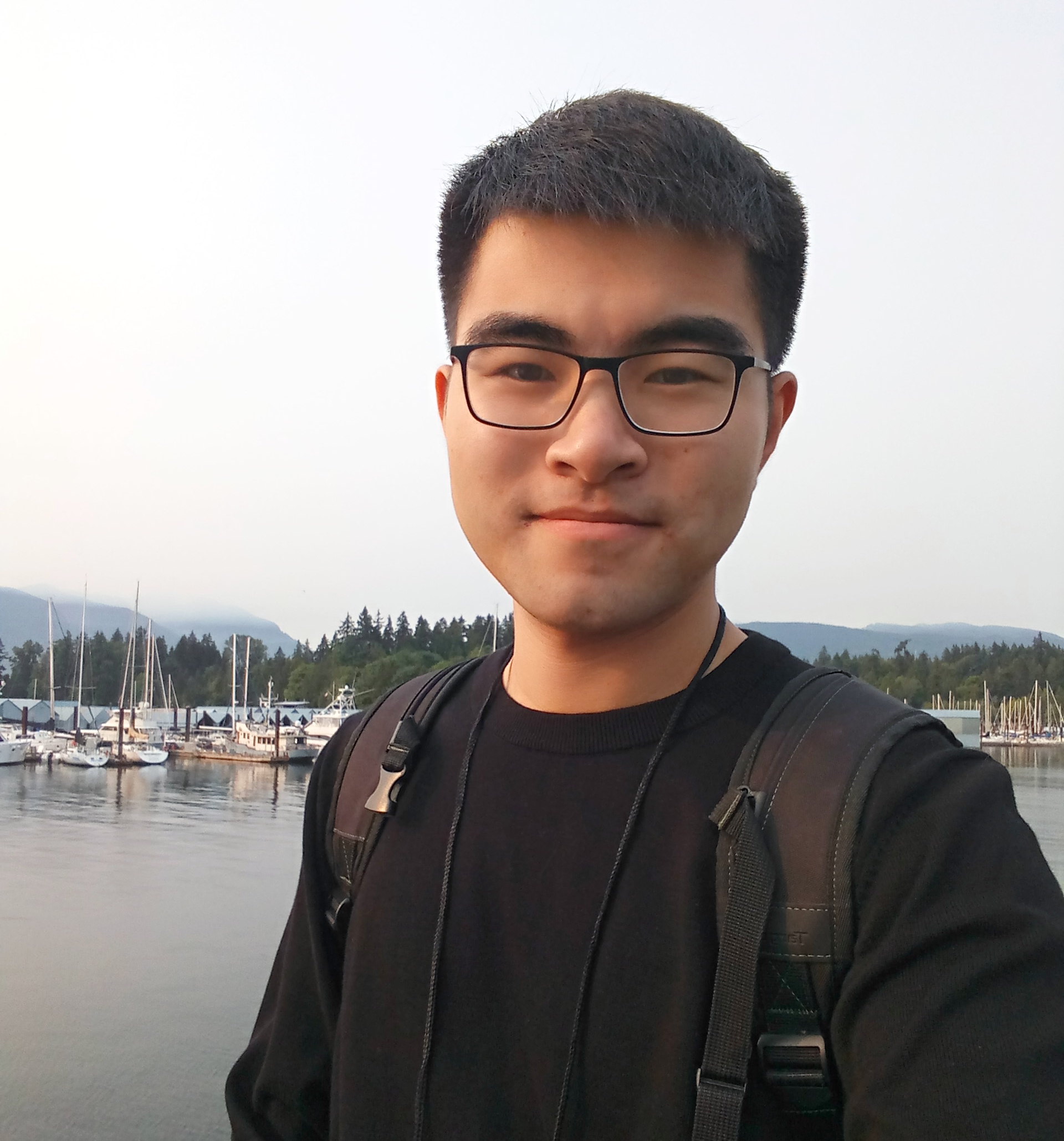I am a Research Scientist at ByteDance Seed and an incoming Assistant Professor at
the University of Texas at Austin.
I received my PhD from the Paul G. Allen School of Computer Science & Engineering at the University of Washington, where I was co-advised by Hannaneh Hajishirzi and Noah Smith.
I study how (natural/human) language can help AI understand, reason, learn, communicate, and interact with the world.
This has led to my past work on instruction tuning, synthetic data generation, RLVR, and open language models.
Recently, I have been exploring algorithms that enable long-horizon agency in AI, and how to use it in challenging frontier scenarios (e.g., scientific discovery).
Prospective students and collaborators, please see the
Prospective Students section below.
Selected Publications
* indicates equal contribution. For a full list, see my Google Scholar page.
Tülu 3: Pushing Frontiers in Open Language Model Post-Training
Nathan Lambert, Jacob Morrison, Valentina Pyatkin, Shengyi Huang, Hamish Ivison, Faeze Brahman, Lj Miranda, ..., Luca Soldaini, Noah A. Smith, Yizhong Wang, Pradeep Dasigi, Hannaneh Hajishirzi
COLM 2025
Hybrid Preferences: Learning to Route Instances for Human vs. AI Feedback
Lj Miranda*, Yizhong Wang*, Yanai Elazar, Sachin Kumar, Valentina Pyatkin, Faeze Brahman, Noah A. Smith, Hannaneh Hajishirzi, Pradeep Dasigi
ACL 2025
Unpacking DPO and PPO: Disentangling Best Practices for Learning from Preference Feedback
Hamish Ivison, Yizhong Wang, Jiacheng Liu, Zeqiu Wu, Valentina Pyatkin, Nathan Lambert, Noah A. Smith, Yejin Choi, Hannaneh Hajishirzi
NeurIPS 2024
OLMo: Accelerating the Science of Language Models
Dirk Groeneveld, Iz Beltagy, Pete Walsh, Akshita Bhagia, Rodney Kinney, Oyvind Tafjord, Ananya Harsh Jha, Hamish Ivison, Ian Magnusson, Yizhong Wang, et al.
ACL 2024 (Best Theme Paper)
How Far Can Camels Go? Exploring the State of Instruction Tuning on Open Resources
Yizhong Wang*, Hamish Ivison*, Pradeep Dasigi, Jack Hessel, Tushar Khot, Khyathi Raghavi Chandu, David Wadden, Kelsey MacMillan, Noah A. Smith, Iz Beltagy, Hannaneh Hajishirzi
NeurIPS 2023
Self-Instruct: Aligning Language Models with Self-Generated Instructions
Yizhong Wang, Yeganeh Kordi, Swaroop Mishra, Alisa Liu, Noah A Smith, Daniel Khashabi, Hannaneh Hajishirzi
ACL 2023
Super-NaturalInstructions: Generalization via Declarative Instructions on 1600+ NLP Tasks
Yizhong Wang*, Swaroop Mishra*, Pegah Alipoormolabashi, Yeganeh Kordi et al.
EMNLP 2022
DROP: A Reading Comprehension Benchmark Requiring Discrete Reasoning Over Paragraphs
Dheeru Dua, Yizhong Wang, Pradeep Dasigi, Gabriel Stanovsky, Sameer Singh and Matt Gardner
NAACL 2019
A Two-Stage Parsing Method for Text-level Discourse Analysis
Yizhong Wang, Sujian Li and Houfeng Wang
ACL 2017 (Outstanding Paper Award)
Prospective Students
I plan to recruit multiple CS PhD students to start from Fall 2026 at the the University of Texas at Austin.
If your research interests align with mine (or something new about AI really excites you), I strongly encourage you to directly apply to the UT Austin CS PhD program. Please mention my name as a potential advisor in your application.
You are also welcome to email me with your CV and a brief description of your research interests if you are interested in joining my group as a Postdoc, PhD student, or research assistant.
I will try my best to respond.
